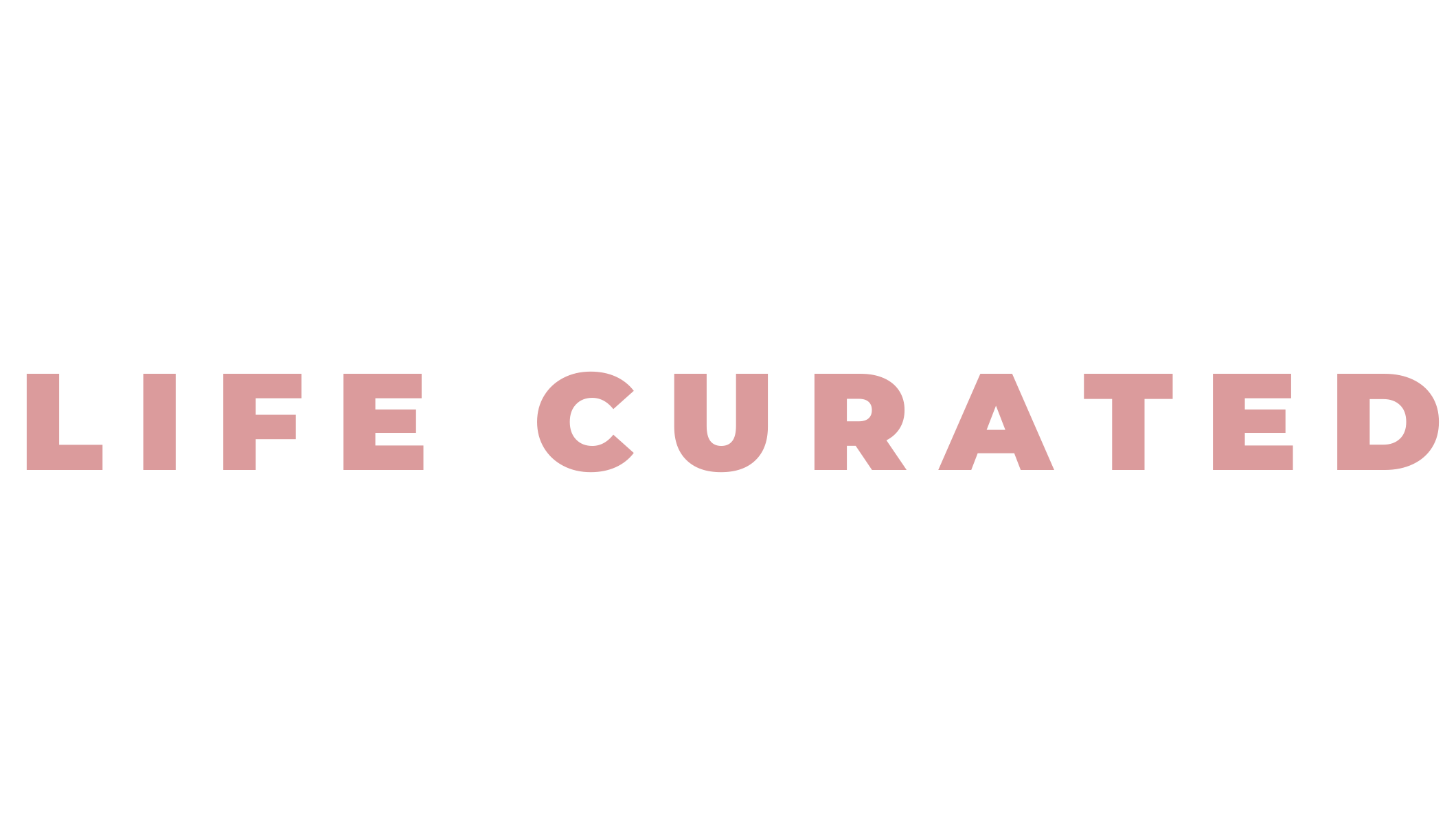How To Start Your Own Tea Shop with Jenny Zheng, Founder of Little Fluffy Head
While on a trip to Asia, Founder Jenny Zheng stumbled on a new trend: cheese tea. One semester shy from her master’s degree in bioengineering, she decided to follow her instincts and bring the foreign concept to the U.S. by launching Little Fluffy Head, her very own cheese tea cafe in the heart of Downtown LA.
The cheese tea drinks pair a high quality tea base with a rich, creamy cheese foam topping. I tried the popular Dirty Mess Milk Tea, a black tea with creme brulee cream and crushed Oreo toppings. When I first imagined the concept, I envisioned a chunk of cheese floating on top of my milk tea (not so sexy!). In reality, it was much more aesthetically pleasing — a whipped cream looking topping with a yummy cheesecake taste. I loved every bit of it! For the Instagram obsessed, the tea shop and the teas itself are totally Instaworthy.
What did you do before starting Little Fluffy Cafe?
One semester before I received my degree (I graduated Summer of 2016), I was working part-time at a tea shop outside of UCLA. I fell in love with the tea business. I loved the environment and I loved meeting new people and hearing their stories. When I travelled to Asia for summer break, I discovered cheese tea. Cheese tea started in 2010 from Taiwanese street vendors. By the time I tried it in 2016, it had already become mainstream in China.
I had the same expectations as most people when I first tried the teas. I wasn't expecting anything good and I didn't understand why anyone would want cheese in their tea. Once I tried it, I knew that it was something I could bring to the states. No one was offering anything like it. I started experimenting with online recipes, reinvented recipes and came up with my own ingredients for cheese tea.
How did you figure out how to start a company?
I built it from scratch. I had no idea how to build the business from the ground up. I didn't know how to find a location or get a permit. A lot of what I learned was from Google searches. I met my business partner who has a background in accounting and he helped me with the financial part of the process. The first year was really difficult. If I had a financial background, it probably would have taken half a year, but since I didn't, it took nearly a year to find a location and design the interior space.
IHow did you find a location?
It was difficult to find a location since I had minimum capital. When I started scouting for places, I examined the culture. For example, in Beverly Hills, you'll find tourists and luxury brands. Silverlake is more hipster. Those areas are expensive and it would been harder for me to gain momentum. I finally settled on Downtown LA. Its unique in that it has a close community and is most like NYC than other neighborhood in LA. I saw a lot of potential. The government is helping local communities by creating opportunities for small businesses.
What are some of the challenges?
I had trouble with hiring because I’ve never hired someone before. I learned how to interview and get to know someone in 7 minutes. Leadership is a challenge for me - I want to be a great leader that can provide value for my team. Establishing a good marketing and sales strategy. Cheese teas are starting to pop up and we want to stand out from the competitors. At this stage, we're still compared to traditional boba teas, particularly with price - but thats comparing oranges to apples. The other challenge is that a lot of people still don't get the concept of cheese tea. That's where passing samples out helps. There are lots of ups and downs but its a rewarding experience.
Does your bioengineering degree apply to your tea business?
The technical skills I learned in school — biology and physiology, it all applies. When I was coming up with my original recipes, I would list out the components, write out each step, and how it would taste, just like I would if I were building a life science experience. In terms of business decisions, I made a decision based on fact. In science, you look at the hypothesis. I look at the facts and until I can provide it, I wont make the decision.
How do you define success?
Success for us is defined in stages. We're successful in the first stage. We had a concept and now we have an actual store. That was our first milestone. Now our goal is to have everyone in Downtown LA try the cheese tea at least once. I'm not concerned with growing it too fast. Its about hitting each milestone, one at a time. I'm already getting questions about franchising. We want to get the first store right and in a good place before we grow.


